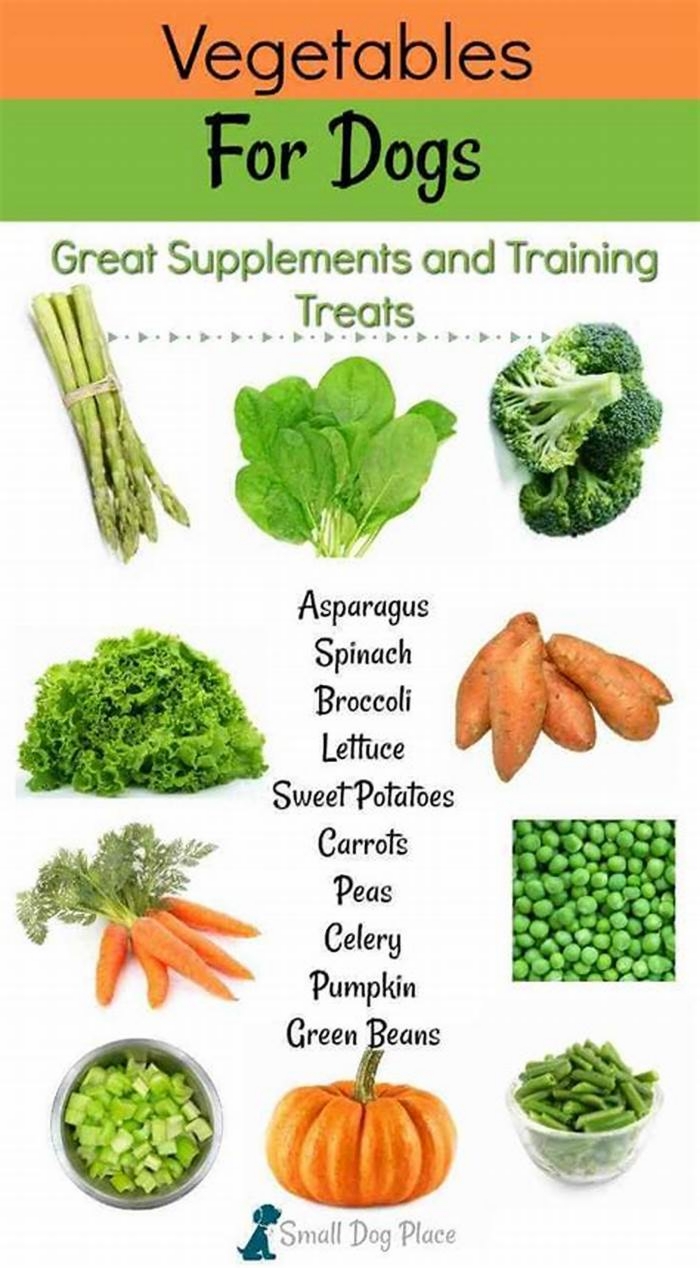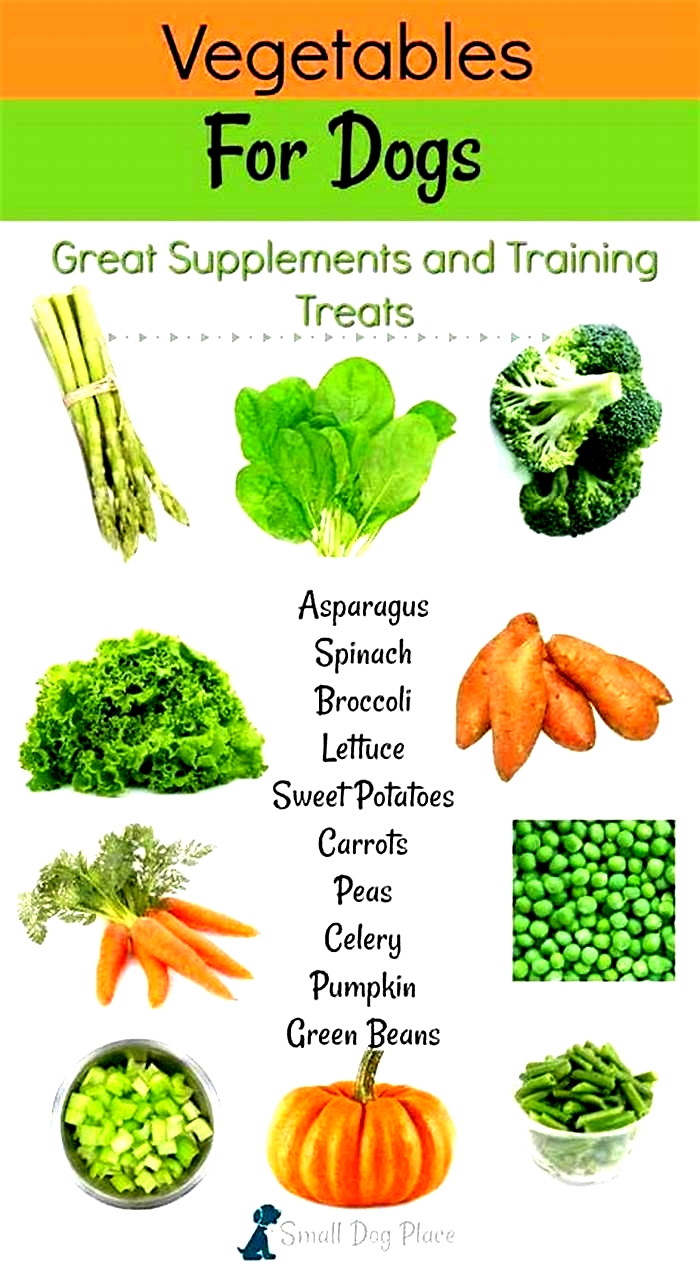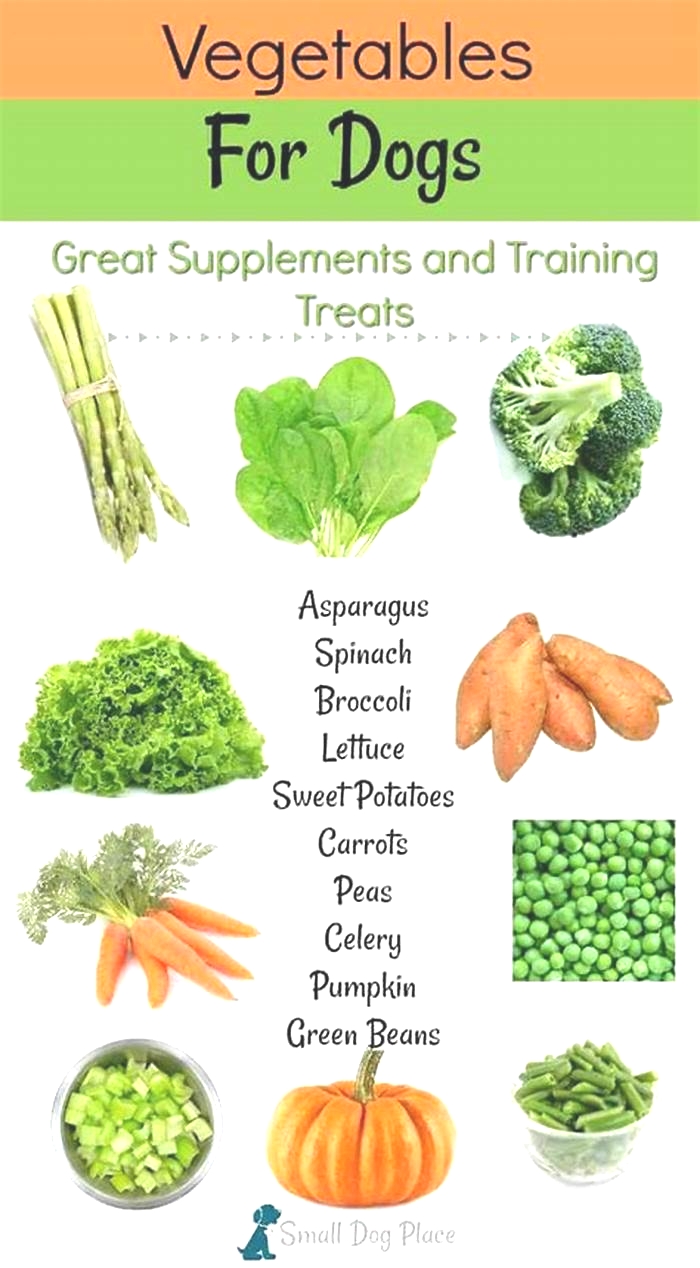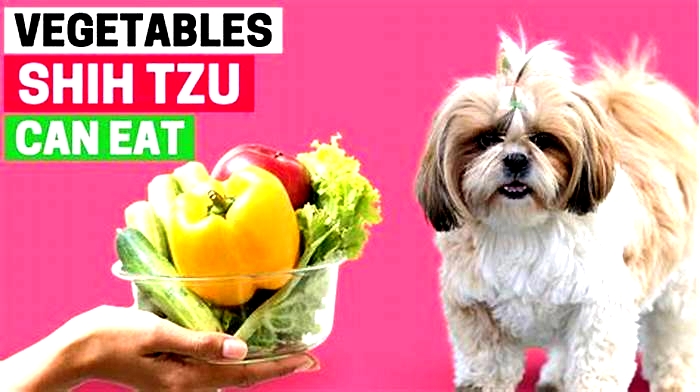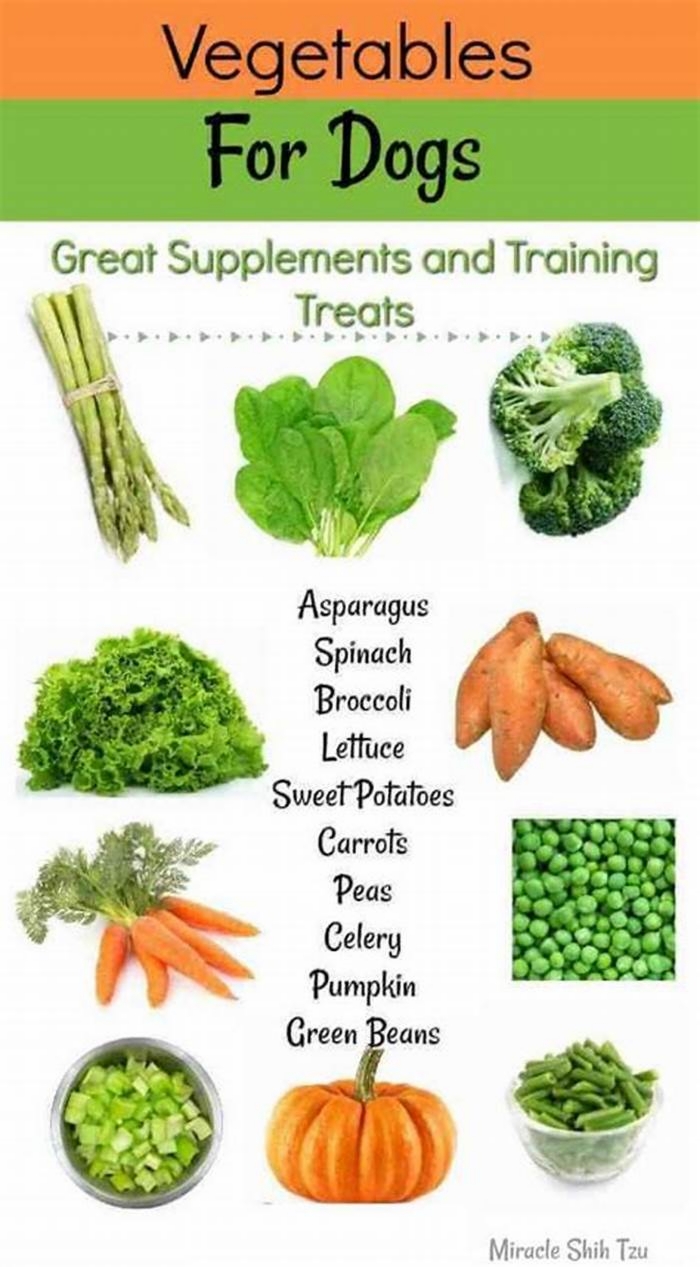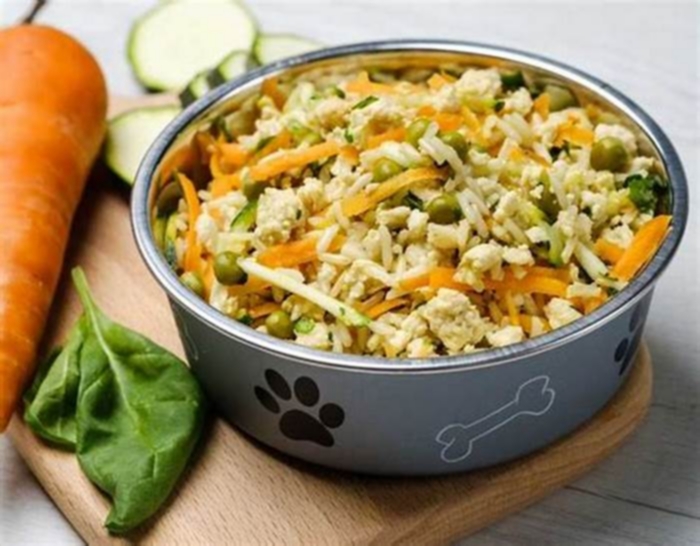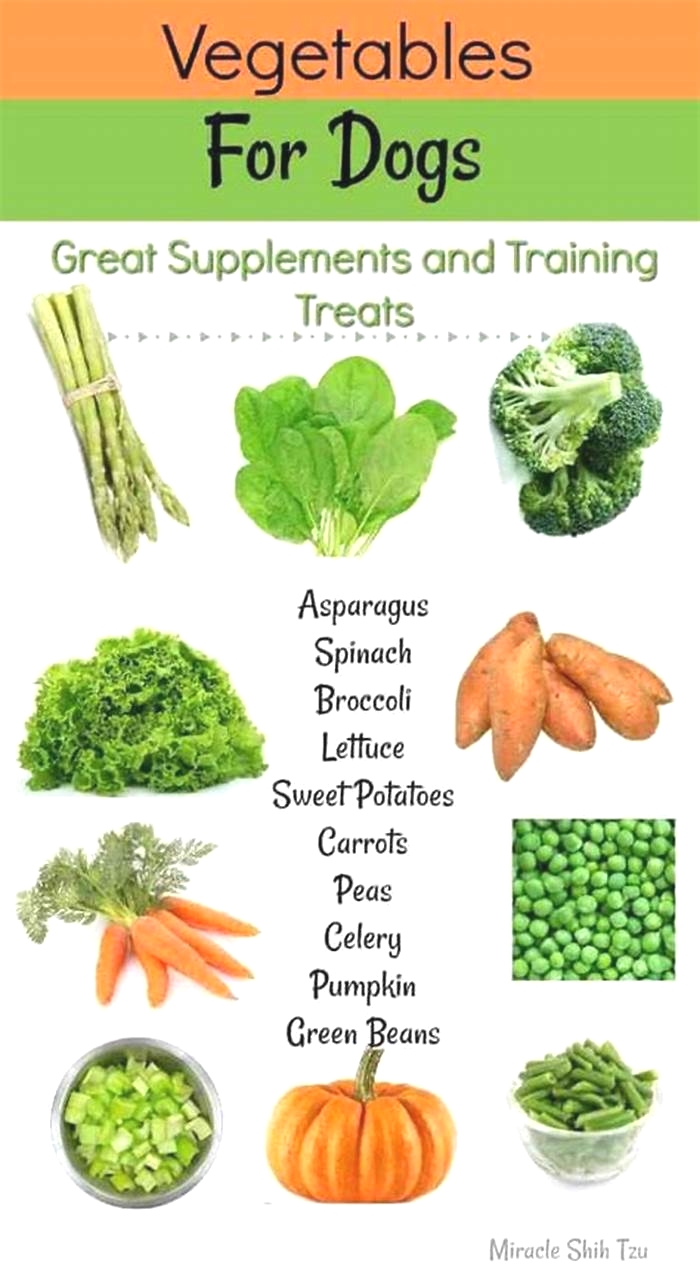What vegetables can dogs eat
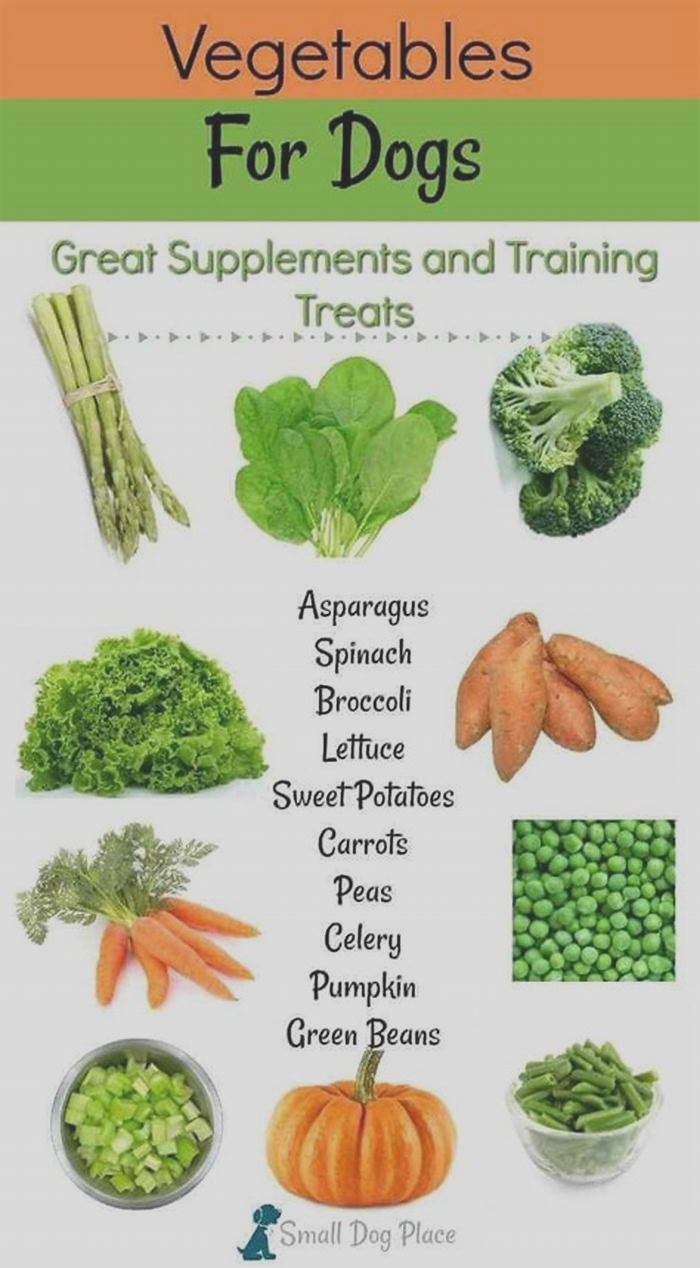
What Vegetables Can Dogs Eat? A List of Good (& Bad) Veggies For Dogs
To help you make an informed decision regarding your pets diet and nutrition, weve compiled a detailed list of all the vegetables dogs can eat safely, as well as those that are toxic and should be avoided.
Table of Contents:
Pro Tip: Pet insurance can help you cover the costs of veterinary care if your doggy ingests something theyre not supposed to. Your pet insurance plan can reimburse you for medications, x-rays, hospitalization, surgeries, and more.
Benefits of vegetables for dogs
While it is true that dogs love (and should consume) plenty of meat, veggies can also provide your pet with nutrients that are absent in meat.
Vegetables are rich in vitamins, minerals, fiber, phytonutrients, and antioxidants, all of which have disease-fighting potential. They also contain enzymes that aid digestion and are an excellent source of hydration due to their high water content.
However, unlike humans, dogs cant thrive on vegetables alone. Your pet should eat a variety of foods in order to maintain well-balanced nutrition and for that reason, veggies should make no more than 10% of your pups daily calorie intake.
So, if youre looking to supplement your dogs diet with some healthy treats but dont know where to start, heres a complete list of vegetables dogs can eat and those that are better to avoid.
What vegetables can dogs eat?

Celery
Can dogs eat celery? Absolutely, the plant is rich in vitamin A, which helps improve your pets vision, as well as vitamins B, C, and K, potassium, and manganese. This low-calorie vegetable is a great natural breath freshener for dogs and many pups love to chew its crunchy texture, but be careful about the amount you serve. Celery is a natural diuretic, so if fed in large amounts, it can make your dog urinate more frequently.
Broccoli
Broccoli is a good source of fiber, vitamins A, C, E, and K, and contains almost no fat. Make sure to chop the stalks into small pieces as they can easily get lodged in your pets throat. It should also be noted that broccoli florets contain isothiocyanate, a potentially harmful ingredient present in all cruciferous veggies such as cabbage, cauliflower, and kale, which can cause stomach pain in some dogs.
Cabbage
This cruciferous vegetable contains vitamins C, B1, B6, and K, as well as phytonutrients that work to improve the overall health of your canine companion. However, cabbage should only be fed in moderation, as it will make your pet gassy. Raw cabbage also contains thiocyanate, which can suppress the thyroid gland and lead to hypothyroidism in dogs if consumed in large amounts.
Carrots
Carrots are rich in dietary fiber, vitamins B, E, C, D, and K, and low in calories. When eaten raw, these orange veggies can help keep your doggys teeth clean. However, raw carrots can be difficult to digest, which is why it might be a better idea to serve them steamed.
Asparagus
Asparagus is rich in vitamins B6, C, E, and K, thiamin, niacin, and minerals like copper, potassium, chromium, and selenium. Raw asparagus for dogs make a great alternative to chew sticks. Consider grilling or steaming the spears to make them easier to swallow.
Zucchini
Zucchini is low in calories, rich in fiber, and offers an abundance of vitamins and minerals that strengthen dogs bones, kidneys, and hearts. Its best to steam the zucchini before serving it to your pet to soften the skin.
Cauliflower
Cauliflower provides omega-3 fatty acids, biotin, manganese, phosphorus, as well as vitamins B, C, and K, all of which are great for strengthening the immune system. Similar to other cruciferous vegetables on this list, cauliflower is safe only in small amounts as it can make your dog gassy. Raw cauliflower is difficult to digest so its best to serve it to your pet lightly cooked (steamed).
Beans
Black, pinto, red kidney, and butter beans are a great source of plant protein and nutrients like potassium, magnesium, and folate. However, they can easily cause gas, so they should be fed in moderate amounts. Green beans are great for dogs because theyre full of nutrients and can be served raw, steamed, or even canned, as long as theyre plain.
Potatoes
Dogs can safely consume potatoes, as long as theyre well cooked (boiled, baked, or steamed) all served plain. Never feed your pet raw potatoes, as they contain solanine, a compound that can be toxic to dogs. Fried potatoes should also be avoided because theyre high in fat.
Spinach
Dogs can eat spinach, a great source of iron, magnesium, vitamins A, C, and E. All these nutrients make this leafy green very effective in preventing inflammation, cardiovascular disease, and even cancer. On the flip side, spinach contains oxalic acid, a compound that blocks the absorption of calcium in the body and can cause damage to the kidneys, so it should be fed in moderation.
Kale
Kale is considered a superfood for humans and they offer health benefits for dogs, too. Rich in vitamins A, K, and calcium, this dark, leafy vegetable is great for canines vision, immunity, and bones. Its also a good source of iron, the mineral responsible for healthy red blood cells. However, kale also contains calcium oxalate, a building block of some bladder stones, and isothiocyanates, which can cause gastric irritation in dogs and may even be toxic if consumed in large amounts.
Pumpkin
Pumpkin is chock-full of vitamins, minerals, and dietary fiber. Its also low in calories, tasty, and aids digestion. Lightly cooked pumpkin is easiest for dogs to digest and, if fed in small quantities, it can help alleviate constipation in dogs. Canned pumpkin is also safe for dogs as long as it doesnt contain sugar or additives. Pumpkin seeds can also be fed to dogs, but make sure theyre plain (no salt, butter, or oil).
Beets
Beets are rich in vitamin C, folate, manganese, potassium, and dietary fiber. Avoid feeding raw beets as they can be a serious choking hazard and obstruct your dogs digestive tract. Cooked beets, on the other hand, contain oxalate, and should be avoided by dogs prone to bladder stones. These bright red veggies are also acidic in nature and can cause stomach upset, diarrhea, or vomiting in some dogs.
Cucumbers
Cucumbers are rich in vitamins B1, C, and K, as well as biotin, copper, potassium, and magnesium. Theyre very low in calories, which makes them an ideal snack for dogs that are overweight. Cucumbers are also 96% water, so they make a perfect refreshing snack on a hot summer day.
Peppers
Peppers contain three times as much vitamin C as oranges which, combined with beta-carotene, helps strengthen the immune system, protect eyesight, and act as a natural anti-inflammatory. The best way to serve peppers is by steaming them in order to soften their exterior skin. If you decide to serve them raw, be sure to cut them into small pieces. Dont forget to double-check if youre feeding spicy pepper varieties to your pet.
Peas
Sugar snap, English, snow, and garden peas are all good for dogs. These little greens balls are rich in vitamins A, B, and K, minerals like iron, magnesium, potassium, and zinc, as well as fiber, protein, and lutein. Be sure to serve them in moderation as large amounts can cause diarrhea. Peas should not be given to dogs with kidney issues as they contain purines which can be difficult for the kidneys to process.
Sweet potatoes
Sweet potatoes and yams are very rich in fiber plus vitamins B6 and C. Like carrots, they also contain beta-carotene which improves skin and vision. Similar to regular potatoes, these orange veggies should only be served cooked (boiled or baked) and without any seasonings.
Brussels sprouts
Brussels sprouts are a great source of vitamins C and K, which makes them great for boosting immunity and improving bone health. They also contain antioxidants that fight against inflammation. Brussels sprouts aid digestion and can help if your dog is constipated, but they can also cause gas and result in flatulence. Be sure to cook the sprouts before offering them to your pet.
Lettuce
Similar to cucumber, lettuce contains a lot of water (90%), which makes it a perfect snack for overweight doggies. Be sure to chop the lettuce up before feeding to avoid a choking hazard.
What vegetables are bad for dogs?
Onions
As part of the allium plant family, onions and chives are toxic to dogs. If your dog has eaten onions and you notice symptoms like dark yellow urine, decreased energy levels, vomiting, and/or diarrhea, be sure to contact your vet right away.
Garlic
Similar to onions, this smelly vegetable is healthy for humans but toxic to dogs. If eaten in small amounts, garlic can result in diarrhea and vomiting, but bigger amounts can cause red blood cells to burst, leading to anemia. This leads to loss of energy, weakness, and collapse.
Mushrooms
Mushrooms bought in the supermarket are generally not harmful to dogs, as long as theyre served plain and in small amounts. However, some wild mushrooms are very toxic and should never be given to dogs. Signs of mushroom poisoning include diarrhea, excessive drooling, poor coordination, collapse, and death. If your dog ingests a wild mushroom, contact your vet immediately.
Corn
Corn itself isnt harmful to dogs but it also doesnt offer much nutritional value for them. If you decide to give your dog corn, offer it in small quantities. Never give your pet corn cobs as they can cause a life-threatening intestinal blockage if swallowed.
Tomatoes
Tomatoes are a member of the nightshade family, which means that they contain solanine, a toxic chemical that can cause seizures and tremors. Although ripe tomatoes are generally safe for dogs, the stems, leaves, and green produce of the plant contain higher amounts of solanine. Therefore, be very careful if you have a vegetable garden that your pup can rummage around.
Eggplant
Eggplant is another member of the nightshade family and is linked to allergic reactions in some dogs. Be sure to start with a small quantity of cooked eggplant, to see if your dog tolerates this veggie or not.
Radishes
Radishes arent toxic to dogs but the shape can be quite dangerous. If your pet swallows a whole radish, they might end up with serious intestinal obstruction. So, if you decide to feed radishes to your pet, be sure to slice them thinly first.
Pro Tip: Pups can be guilty of ingesting strange items and forbidden foods, causing their owners lots of worries and astronomic vet bills. Pet insurance is designed for unpredictable accidents and illnesses that could happen to your four-legged companion.
What vegetables can puppies eat?
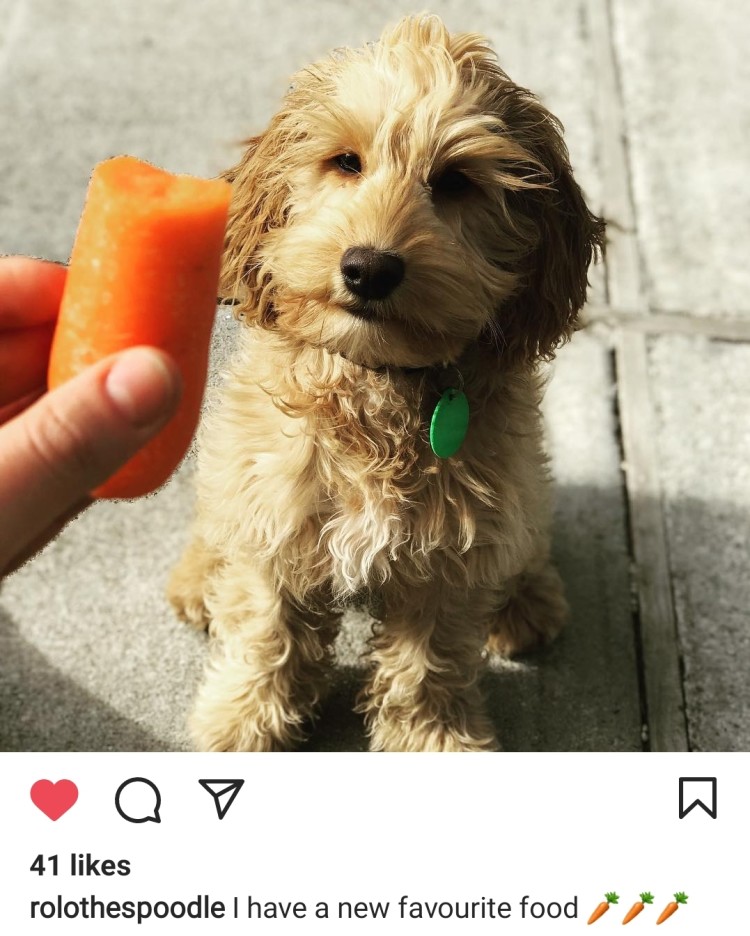
Small pieces of dog-safe vegetables, such as pumpkin, carrots, green beans, sweet potatoes, broccoli, or cauliflower make delicious and healthy treats for puppies, as long as they are cooked, finely cut, and served plain.
However, bear in mind that treats shouldn't comprise more than 5% of your puppys diet, so veggies should be offered in small amounts and as occasional treats.
Consult with your vet about your puppys nutrition and whether it is safe to feed them the vegetables included in our dog-safe list.
How to feed dogs vegetables
Just like with any new human food, its best to introduce vegetables into your dogs diet slowly. Start with a small amount and keep an eye on your pup. If they dont show adverse reactions like diarrhea, vomiting, or excess gas, increase the amount gradually.
As a rule of thumb, if humans can eat a certain vegetable raw, so can dogs. So, its perfectly fine to offer raw celery or green beans, but you must always cook veggies like potatoes and yams.
Be sure to always cut the veggies into small, bite-sized pieces in order to reduce the risk of choking.
Serve the vegetables plain, without any salt, butter, spices, or oils. By adding any of these, you will not only destroy the nutritional value of vegetables but also cause harm to your four-legged friend.
In general, gently cooking (steaming, grilling, or blanching) will make the vegetables easier for your dog to digest and absorb all the nutrients.
For maximum benefits and digestibility, vegetables can also be blended into a puree. You can feed the pureed vegetables right away or pour the mixture into an ice cube tray and freeze to make a healthy and refreshing summer treat.
Dont forget that moderation is key. Although vegetables are good for your dog, they should make up to 10% of their daily calorie intake. Eating too many veggies can negatively change the gut flora or increase alkalinity and cause kidney issues.
Here's a recap on the list of vegetables dogs can eat alongside the vegetables dogs can't eat:
| Vegetables Dogs CAN Eat | Vegetables Dogs CAN'T Eat |
|---|---|
| Broccoli | Onions |
| Cabbage | Garlic |
| Carrots | Mushrooms |
| Asparagus | Corn |
| Zucchini | Tomatoes |
| Celery | Eggplant |
| Cauliflower | Radishes |
| Beans | |
| Potatoes | |
| Spinach | |
| Kale | |
| Pumpkin | |
| Beets | |
| Cucumbers | |
| Peppers | |
| Peas | |
| Sweet potatoes | |
| Brussels sprouts | |
| Lettuce |


